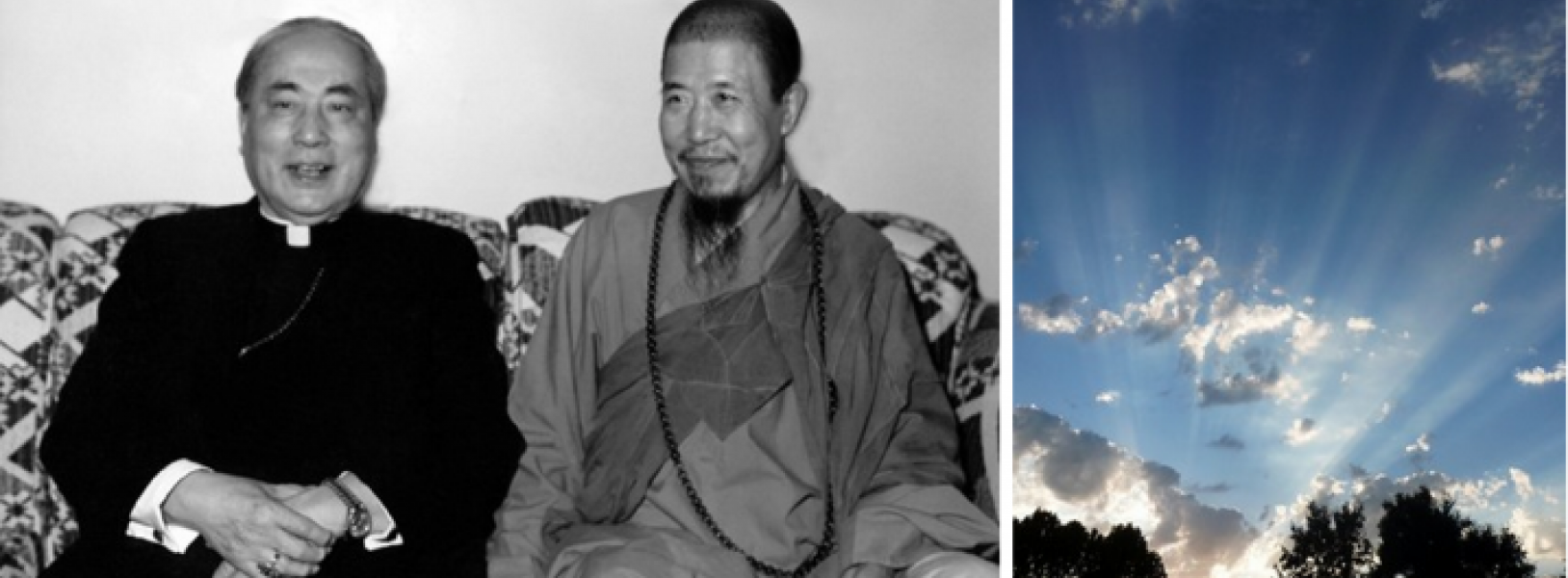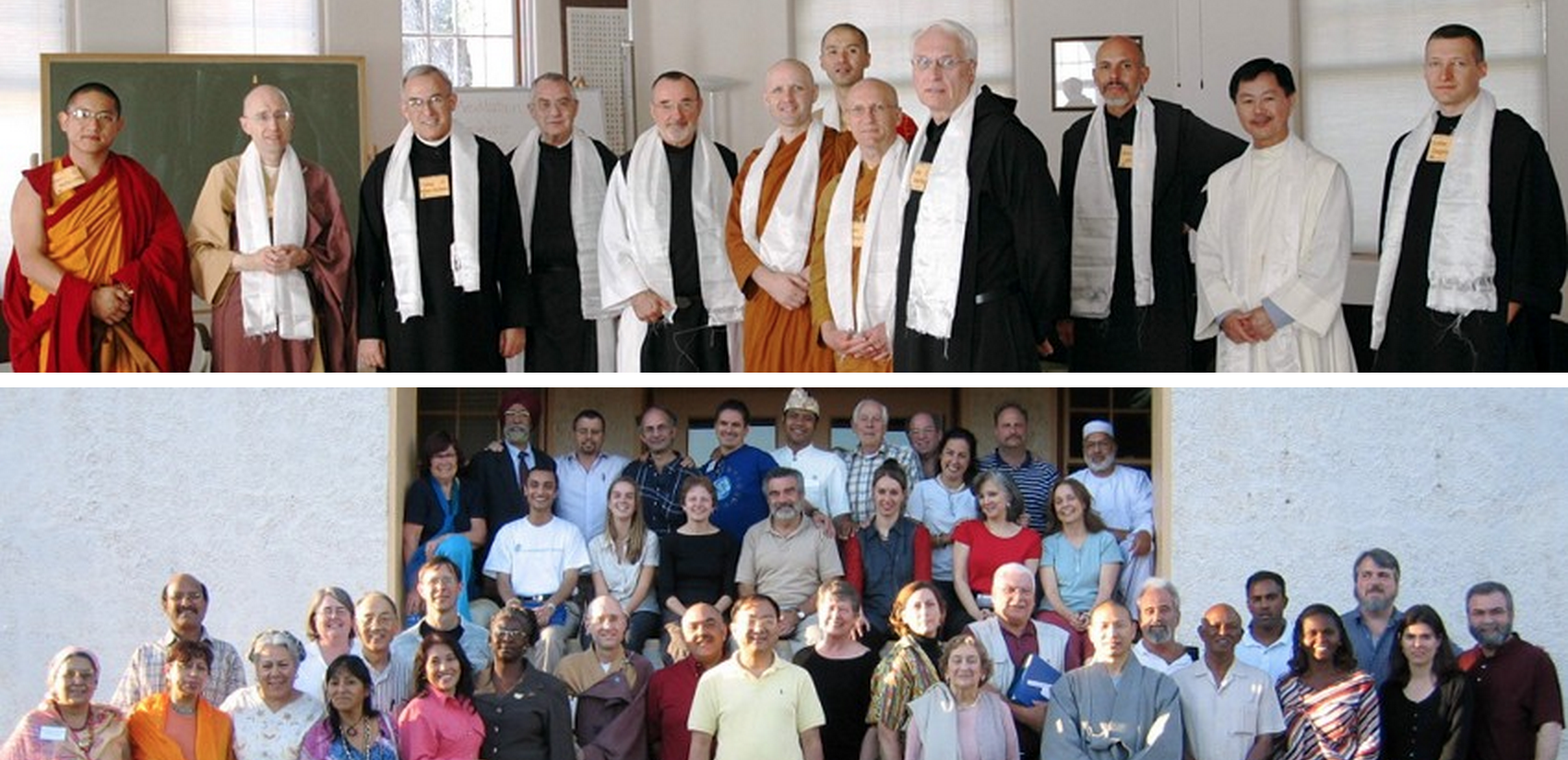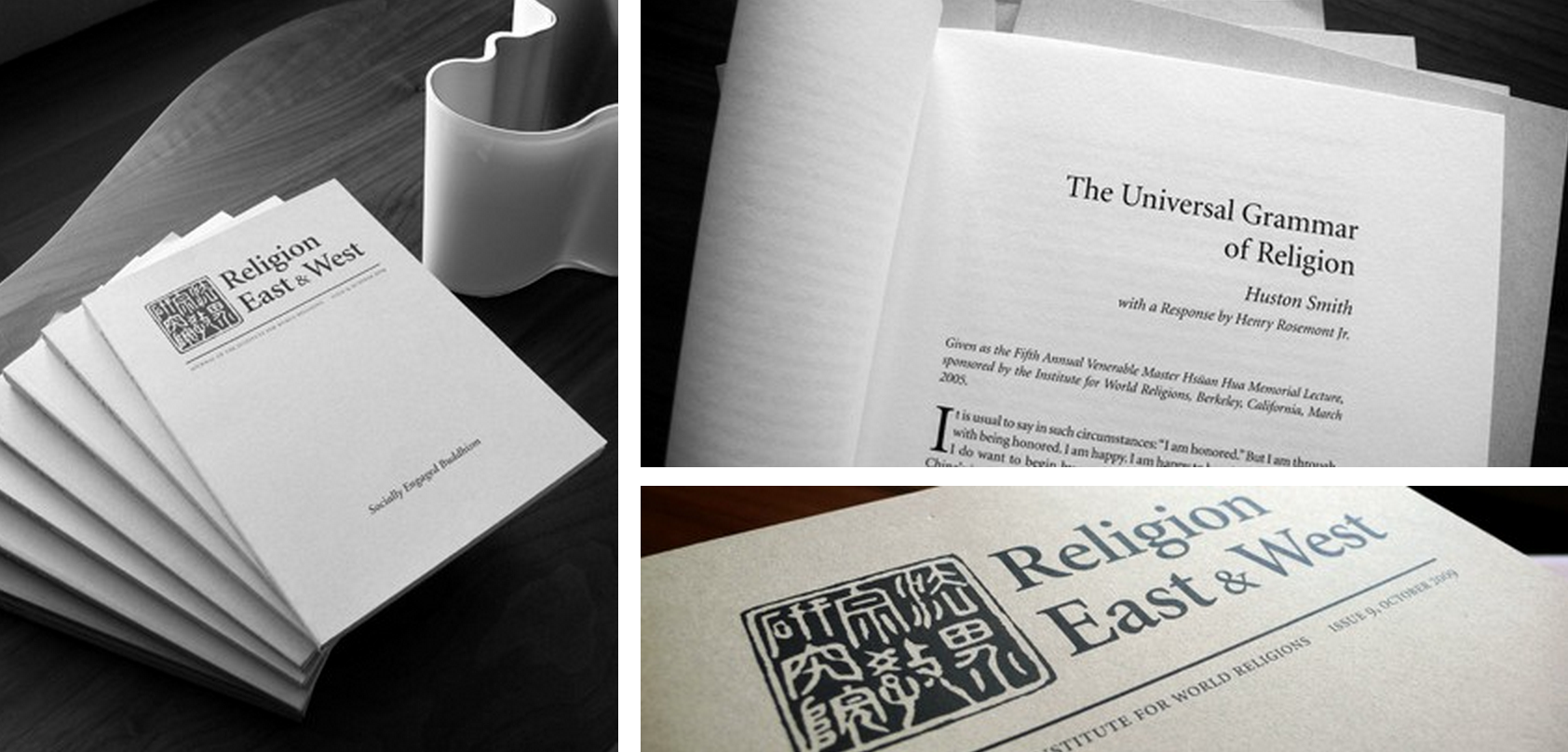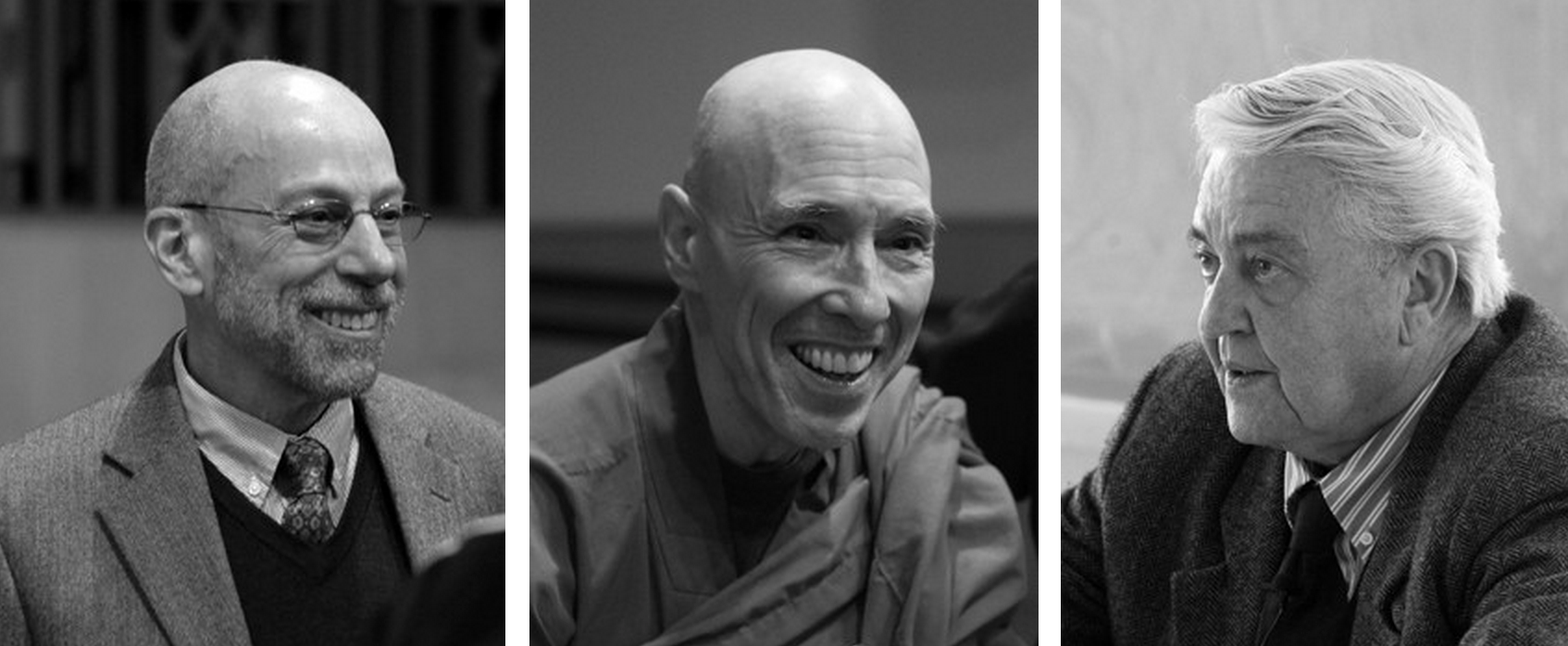Institute for World Religions

The Institute for World Religions was established as a direct result of the inspiration and planning of the Venerable Master Hsuan Hua and Paul Cardinal Yu Bin. Both of these distinguished international leaders in religion and education believed that harmony among the world’s religions is an indispensable prerequisite for a just and peaceful world. Both shared the conviction that every religion should affirm humanity’s common bonds and rise above narrow sectarian differences.
When they established the Institute for World Religions in 1976, Cardinal Yü Bin enthusiastically agreed to serve as the Institute’s first director. In 1994 the Institute moved to the Berkeley Buddhist Monastery. Its proximity to the University of California at Berkeley, Stanford University, the Graduate Theological Union, and to the rich academic, religious and cultural environment of the San Francisco Bay Area provides an ideal environment for the Institute’s programs.
In keeping with its mission, the Institute offers programs designed to bring the major religious traditions together in discourse with each other and with the contemporary world. The Institute also participates in local and global interfaith initiatives as a way to bring the principles of interfaith vision and the spiritual needs of the modern world into constructive engagement. Religion East & West, as the Institute’s annual journal, is one forum for this discourse and this engagement.

Mission
With the understanding that spiritual values are central to the human experience, the Institute for World Religions exists to promote mutual understanding among the world’s spiritual traditions. The Institute for World Religions facilitates shared inquiry into the founding visions of the world’s faiths so that all might learn from the others’ strengths while preserving the integrity of their own.
The Institute for World Religions is also committed to providing an open forum where clergy, theologians, philosophers, scientists, educators and individuals from a wide variety of disciplines can examine the role of religion in a modern world. All of the institute’s activities take place in an atmosphere of mutual respect and promote the universal human capacity for goodness and wisdom.

Religion East & West
Religion East & West, the journal of the Institute for World Religions, is published every October [not currently active]. Its authors approach religion from a wide variety of perspectives, including doctrine, practice, ethics, history, biography and the relation of religion to other aspects of life. By welcoming voices from many spiritual traditions, the journal furthers the Institute for World Religions’ mission of promoting interfaith understanding and trust.
Religion East & West champions the ideal of scholar-practitioner. Its editorial board seeks to publish articles by authors who are scholars grounded in practice or who are practitioners informed by study and reflection. The journal’s premise is that when scholarship and practice are combined, both are deepened, and that together they will inspire respect and appreciation for the manifold variety of human religiosity.

Venerable Master Hua Memorial Lecture
Religion East & West highlights the annual Venerable Master Hsuan Hua Memorial Lectures, sponsored by the Institute for World Religions. The lecture series [not currently active] offers a forum to distinguished scholar-practitioners so that they may present important new ideas in the study of religion and human spirituality. Each year’s issue of Religion East & West [not currently active] begins with a transcript of the lecture given in that year, together with a response to the lecture by another distinguished scholar.
The 2005 Hsuan Hua Memorial Lecture was given by Huston Smith, the world-renowned author of The World’s Religions and Why Religion Matters. Lecturers in previous years were Michael Nagler, founder of the Peace and Conflict Studies at the University of California at Berkeley and author of Is There No Other Way? The Search for a Non-Violent Future, 2004; Anthony Yu, professor at the University of Chicago Divinity School and translator of The Journey to the West, 2003; Mary Evelyn Tucker, Professor of Religion at Bucknell University and editor of Buddhism and Ecology, Confucianism and Ecology, and Hinduism and Ecology, 2002; and Henry Rosemont Jr., now visiting professor at Brown University, and author of A Chinese Mirror, 1991 and Rationality & Religious Experience, 2001.